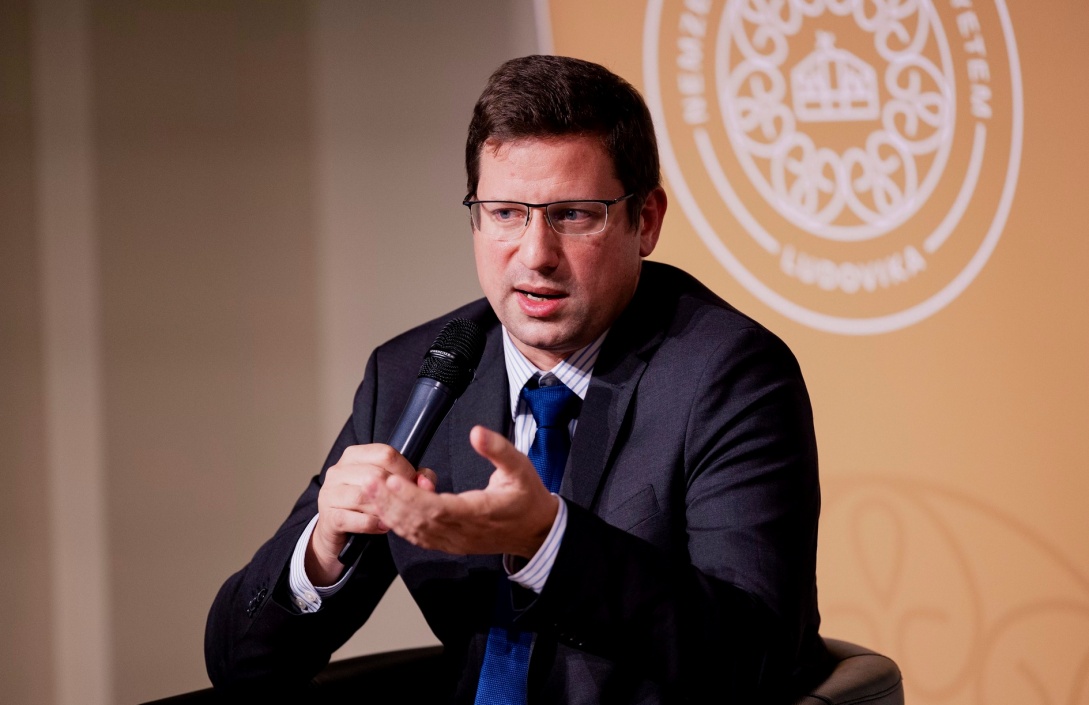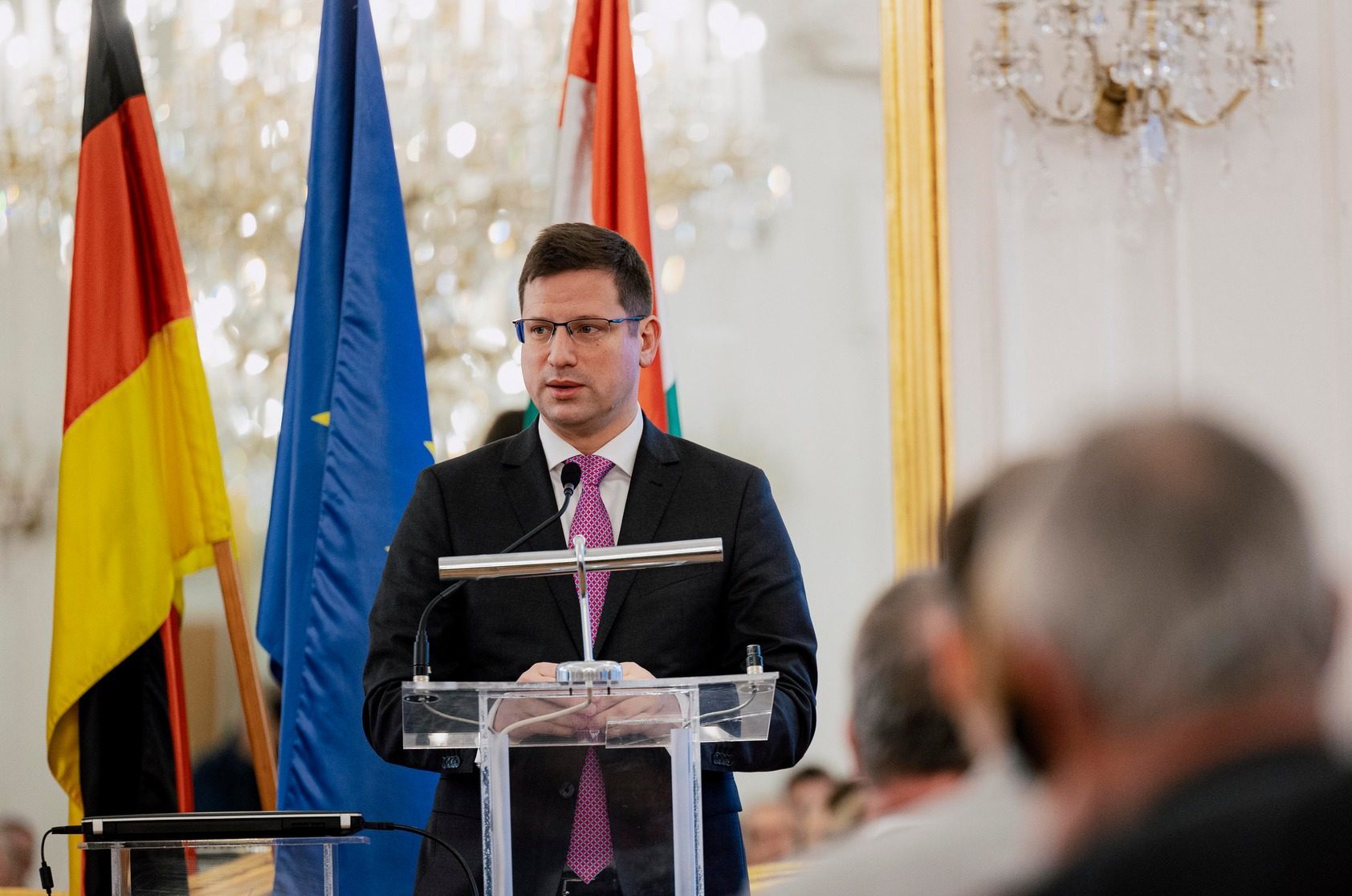
An agreement with Egypt must be made to stop a potential influx of refugees from the Gaza strip.Continue reading

Hungarian-German relations are so deeply rooted and multifaceted that it is not worth judging them solely on the basis of current political circumstances, the Minister of the Chancellery emphasized at a conference in Budapest on Monday to mark the 50th anniversary of the establishment of Hungarian-German diplomatic relations, Magyar Nemzet reported.
Gergely Gulyás said at the event named “New Beginning and Continuity,” that relations between the two countries were good and intensive and covered many areas of life. Contact between Germany and Hungary had already begun during the communist era, and this period had contributed significantly to the German economy finding its way to Hungary from the 1980s onwards.
The period before the fall of communism created a bond between the two countries. Later, when Hungary became free and Germany was reunified, German investors found Hungary to be the most attractive country in the region. The minister explained that Hungary always had the strongest presence of German business and culture. There was a time when a large part of society spoke German, he recalled.
The friendship between the two peoples has survived difficult times and we can be proud of the economic and cultural relations,”
the Minister said.
Germany’s economic presence in Hungary is particularly strong, accounting for a quarter of the country’s foreign trade, the minister continued, adding that 90 percent of German investors operating here are very satisfied with the economic conditions.
We can be proud of the fact that in Hungary it is possible to study in German from kindergarten to the doctorate level.”
He also pointed out that according to surveys, the majority of German society sympathizes with Hungary, and there is also a very strong sympathy for Germany in Hungary, with support from more than two thirds of the population.
Such a strong linguistic and cultural bond between other countries is hard to find and politicians must learn to appreciate this, he said. At the moment, politicians are trying to make the situation worse, but the overall picture is not so bad that we should be discouraged, Gulyás said. Hungary’s interest is to have a stable government in Germany, to maintain good German-Hungarian relations and to ensure that the discourse between the two countries is objective in all areas, he said.
The former German Foreign Minister and former ambassador to Budapest, Ursula Seiler-Albring, described the two countries as good neighbors without a common border, but with friendly and well-established relations.
Both countries had experienced a thousand years of conflict-free cooperation and still understankd each other very well today, and German companies were also very satisfied with their presence in Hungary,”
the diplomat emphasized.
Julia Gross, the German ambassador to Hungary, recalled that the establishment of diplomatic and economic-cultural ties between the people has restored the centuries-old relations of the two countries to normality. She emphasized that Hungary’s role in German reunification cannot be underestimated and that they will always be grateful to Hungary for this.
“Continuity and new beginnings”: a conference on 50 years of diplomatic relations between and the Federal Republic of sparked excellent discussions and insights. Wonderful gesture of friendship: the National Bank presented a commemorative medal on the 50th anniversary. pic.twitter.com/9UFlullwEy
— Julia Gross (@GERinHUN) December 4, 2023
Péter Györkös, the Hungarian ambassador to Germany, pointed out that it was necessary to talk to each other as the dialogue was not working well. According to him, the estrangement in recent years has widened from the political to the civil dimension. He added that although a significant new beginning was not to be expected before the European Parliament elections in 2024, the Hungarian EU Council Presidency next year offers an excellent opportunity for continuity and a fresh start.
Via Magyar Nemzet; Featured Image: Facebook/Gulyás Gergely